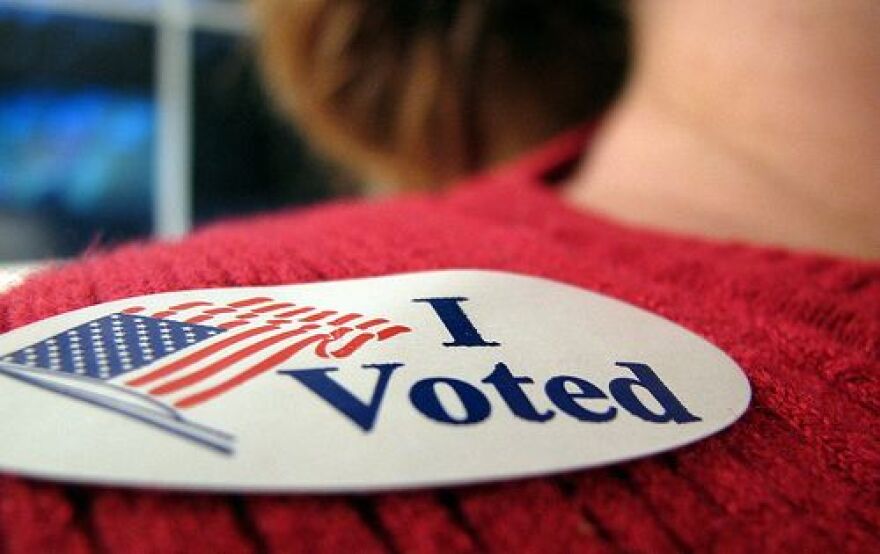Monday, Sept. 14, 2020
Since the end of the Civil War, the United States has been battling over who is allowed to participate in our democracy and how they are allowed to do it. In many ways, North Carolina is the epicenter of the struggle.

Although Black men were granted the right to vote in 1870 and women in 1920, poll taxes and literacy requirements made it nearly impossible for many to vote – and violence was a common reaction to those who did still manage to cast their ballot. Only until 1965 with the passage of the Voting Rights Act was voter discrimination based on race prohibited.
Today, the fight is often subtle, with gerrymandering and redistricting efforts. But more overt efforts persist, including a 2013 “monster” voter suppression law and a voter identification law that was blocked earlier this year.
North Carolina is a hotspot in the struggle for voting rights, and certain effects of voter suppression are clear: Today, in 44 counties the disenfranchisement rate for Black people is more than three times the rate of the white population.
North Carolina is critical for both the presidency and the Senate, and access to voting -- especially during a pandemic -- has never been more complicated.
As we prepare for an unprecedented election, we look at the intersection of race and voting rights in North Carolina, and what two experts consider a bold, new vision moving forward.
GUESTS
James L. Leloudis, professor of history at the University of North Carolina at Chapel Hill, co-chair of the UNC Commission on History, Race, and a Way Forward and co-author of Fragile Democracy: The Struggle Over Race and Voting Rights in North Carolina
Robert R. Korstad, professor of public policy and history at Duke University's Terry Sanford School of Public Policy and co-author of Fragile Democracy: The Struggle Over Race and Voting Rights in North Carolina



